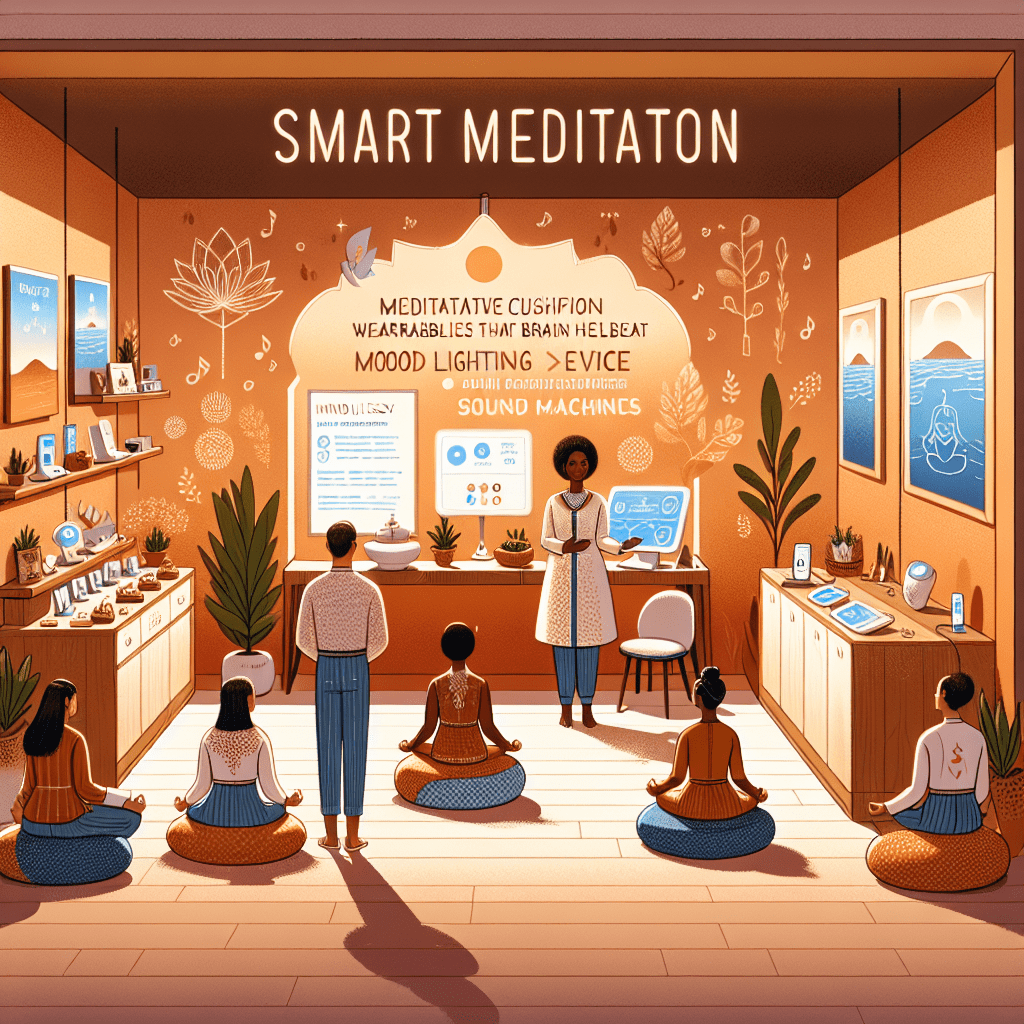
Prioritize your mental well-being daily. Enhance your life by nurturing your mental health with the Smart Meditation app. Break free from stress, alleviate anxiety, and enhance your sleep quality starting today.
What Causes Anxiety Biologically?
Unraveling the Mystery: The Biology Behind Anxiety
In the intricate labyrinth of human emotions, anxiety often takes center stage, casting a long shadow over daily life. Yet, to effectively untangle this complex web, one must delve into the biological underpinnings of anxiety. Sure, it’s a bit like embarking on a detective mission in the vast expanse of our nervous system, but hey, who isn’t up for a bit of sleuthing?
The Brain’s Alarm System: Fight or Flight
At the heart of anxiety’s biological roots lies the brain’s primordial alarm system, aptly dubbed the “fight or flight” response. When our senses pick up a potential threat, the amygdala – a brain region no bigger than an almond, but with the emotional punch of a heavyweight boxer – springs into action. It sends an SOS signal, cranking up the production of stress hormones such as adrenaline and cortisol. These biochemical rascals flood our system, preparing us to either hightail it out of there or stand our ground. In modern times, though, the “lions” we face are more metaphorical, like looming deadlines or public speaking, yet our biological response hasn’t quite caught up with the times.
Hormonal Havoc: Cortisol’s Role
Cortisol, often labeled as the “stress hormone,” deserves a closer look. In the right amounts, it’s like that friend who’s always revving you up, helping you stay awake, alert, and ready to tackle challenges. However, when cortisol overstays its welcome in our bloodstream, it’s akin to that same friend crashing on your couch for weeks, meddling with your sleep, mood, and even your immune system. Chronic exposure to elevated cortisol levels, as seen in prolonged anxiety, can wreak havoc on our body, contributing to a plethora of health issues.
Navigating the Neurotransmitter Terrain
Neurotransmitters, the brain’s chemical messengers, play a pivotal role in moderating our mood and feelings of anxiety. Let’s zero in on a couple of the key players:
- Serotonin, often dubbed the “feel-good” neurotransmitter, is crucial in maintaining mood balance. A deficit in serotonin has been linked to increased anxiety levels.
- Gamma-aminobutyric acid (GABA), the brain’s major inhibitory neurotransmitter, acts as the neurological equivalent of hitting the brakes. It slows down brain activity, promoting calmness. Low levels of GABA are often observed in individuals with anxiety disorders.
Genetic Glimpses and the Environment Interplay
While we’re decoding the biological blueprint of anxiety, it’s impossible to ignore the genetic and environmental duo. Anxiety, much like a complex recipe, is influenced by a mix of genetic predispositions and environmental factors. Individuals with a family history of anxiety disorders are at a higher risk, hinting at the genetic threads woven into the tapestry of anxiety. However, the plot thickens with the addition of environmental factors such as stress, trauma, and even lifestyle choices, which can significantly alter gene expression and, in turn, impact anxiety levels.
In wrapping up this exploration into the biology of anxiety, it’s clear that while our physiological responses might seem like overzealous guardians at times, they’re simply remnants of a bygone era when survival hinged on immediate physical reactions. Understanding the interplay between our brain, hormones, neurotransmitters, genetics, and environmental factors sheds light on the multifaceted nature of anxiety. This knowledge arms us with the power to seek out more effective, personalized coping strategies, fostering a journey towards resilience and well-being.





